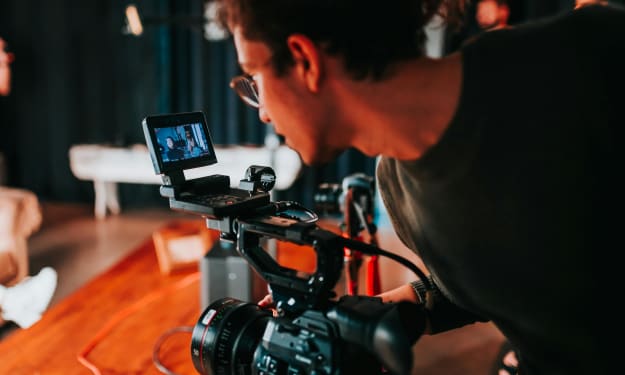3 tips on how to study effectively
how to study?

During training, residents learn many techniques, skills, and techniques that they use to save lives. Being able to remember these skills is a matter of life and death. Keeping this in mind, a 2006 study involved a group of doctors learning to suture tendons and split them into two groups. The learning materials were the same for everyone, but the group made few changes to the learning process. When tested a month later, this group performed better than the other residents. The secret to this group's success will be discussed, as well as two other learning techniques that can be used in and out of the classroom. But to understand why this technique works, we must first understand how the brain learns and stores information. Let's say you're trying to remember what it feels like. When you experience a new concept, the memory is encoded in a group of neurons in the hippocampus region of the brain. As you continue to learn how the heart works in class or study the ventricles of the heart on an exam, you will reactivate those neurons. This firing strengthens the connections between the cells, thus stabilizing the memory.
In the long term, knowledge about the anatomy of the heart is stored for a long time, and it involves another part of the brain called the neocortex. How information is transferred from short-term to long-term storage is not fully understood, but it is thought to occur during learning and, more importantly, during sleep. Here, new knowledge is combined with other concepts you already know, such as how to measure heart rate and the state of other organs. The work is not over yet. Long-term memory is activated each time an emotional state is recalled, making it easy to change. Knowledge can be updated, improved, and reintegrated into other information. This is where our first learning curve comes in. Challenge yourself with flashcards and quizzes that encourage you to actively acquire knowledge, thereby refreshing and strengthening your memory. Students often need additional learning methods, such as re-reading textbooks and emphasizing information. But these actions can create a false sense of intelligence because the message is in your face. However, testing yourself allows you to accurately assess what you know best. But what if you don't remember to answer while you're at it? Don't worry—making mistakes can improve learning in the long run. Basically, when you rack your brain for an answer, you activate the relevant knowledge.
Then, when the correct answer is found later, your brain will be better able to integrate this information with what you already know. Our second method depends on the first method. When learning with flashcards, it's best to combine flashcards for different purposes. Integrating or combining the concepts you are focusing on into one lesson is more effective than practicing one skill or topic at a time. One theory is that, like taking an exam, going to different subjects will force your brain to forget for a while and then retrieve the information, which will strengthen your memory. You will also find connections between topics and better understand the differences. Now that you know what and how to study, our last topic is when to study. Spread your review sessions over several days to rest and sleep between sessions. When "offline", the brain is actively working, storing and integrating knowledge in the neocortex. So when you study the night before the test it seems logical - isn't the information still fresh in your mind? ——But these stories don't last long. This goes back to our residents. The duration of study surgery was similar in both groups. However, one group completed the training in one day, while the other, four-week training group was more successful. These three learning methods are effective because they are designed with the brain in mind. It complements and enhances the amazing functions of the brain, sorting and storing the vast amount of information it receives every day.
About the Creator
Rowan Sharkawy
someone who love to know anything & share it with every one
welcome to my profile






Comments
There are no comments for this story
Be the first to respond and start the conversation.